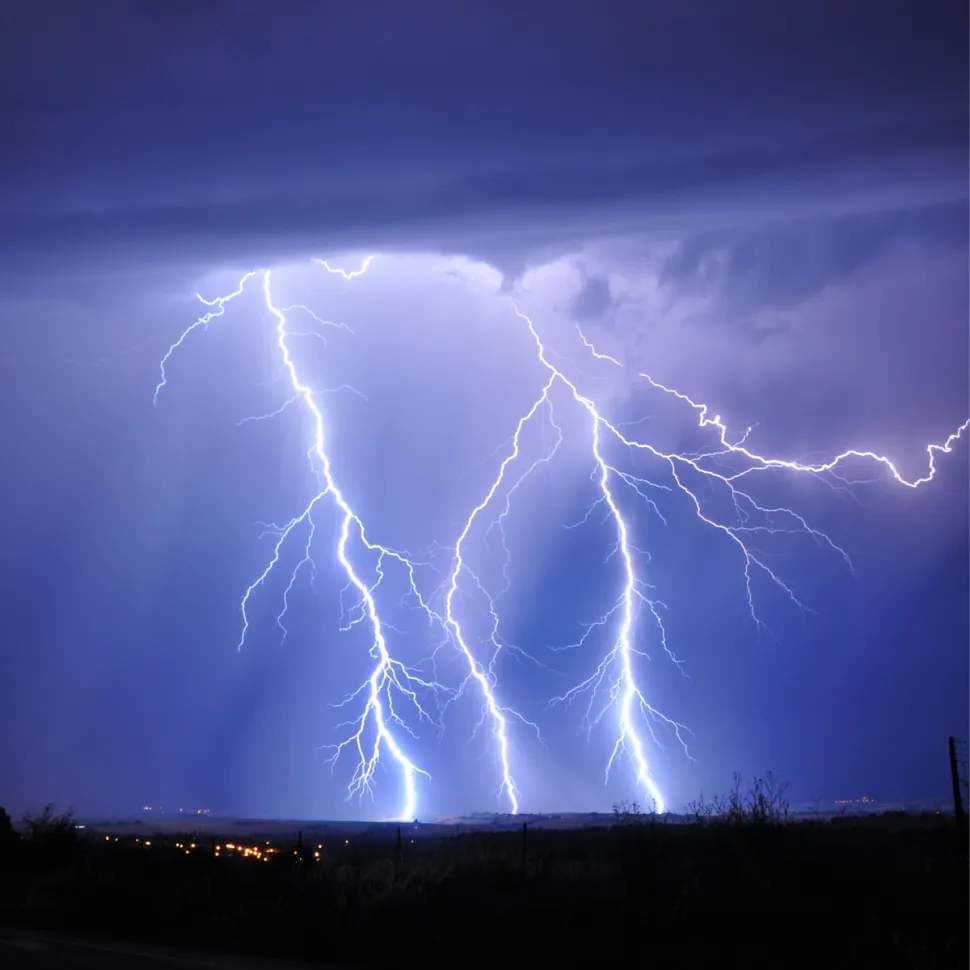
Industry Focus: The Enduring Value of SMS in Mortgage Brokering
Find out more

Severe weather can endanger life, and burst water pipes, power outages and staffing shortages can put huge pressure on infrastructure and contact centres that have to cope with the increased demand.
In this article we’ll outline 3 of the top use cases for SMS weather alerts, but first let’s take a look at some of the unique features of SMS messaging which make it so ideal for sending alerts.

1) Immediacy: 90% of all messages are read within 3 minutes (Mobilesquared.co.uk) and on average your SMS will be seen by the customer within 6 minutes
2) Cut-through: overall 98% of all messages will be opened and read compared to just 30% of emails on average (Constant contact)
3) Ubiquity: All mobiles can receive SMS and unlike other messaging channels SMS can be received even when there is no internet
4) Simplicity: one of the advantages of SMS is its very simplicity. You can send the message instantly – no design required!
Public services, hospitals and any organisations that manage large numbers of appointments can also be thrown into disarray by unexpected weather events whether due to issues with access to a work premises, staff shortages or last minute roster changes.
Email and social media aren’t ideal for time-sensitive notifications about roster changes or other important work updates. When you need to get a message out fast then SMS is your best bet for a number of reasons which we’ll get into in more detail below below.
Insurance companies can also be adversely affected by extreme weather patterns and disruptions with surges in enquiries and claims from worried customers putting a strain on their contact centres. For insurance companies, an SMS safety alert can be a very useful way to keep customers informed and also make them aware of important precautions. A well timed informative alert should result in fewer incidents and fewer claims. Deflecting calls to SMS is another way to manage bursts in inbound calls and our article on IVR to SMS call deflection covers this topic in more detail.
Delivery and logistics companies have obvious challenges to face during poor weather. However studies have shown that when customers are kept informed in advance of any delays they will be much more tolerant, and less likely to call and complain.
So as you can see, the ability to send a mass SMS at short notice is really useful if you need to notify staff or customers of time sensitive changes or other notifications.